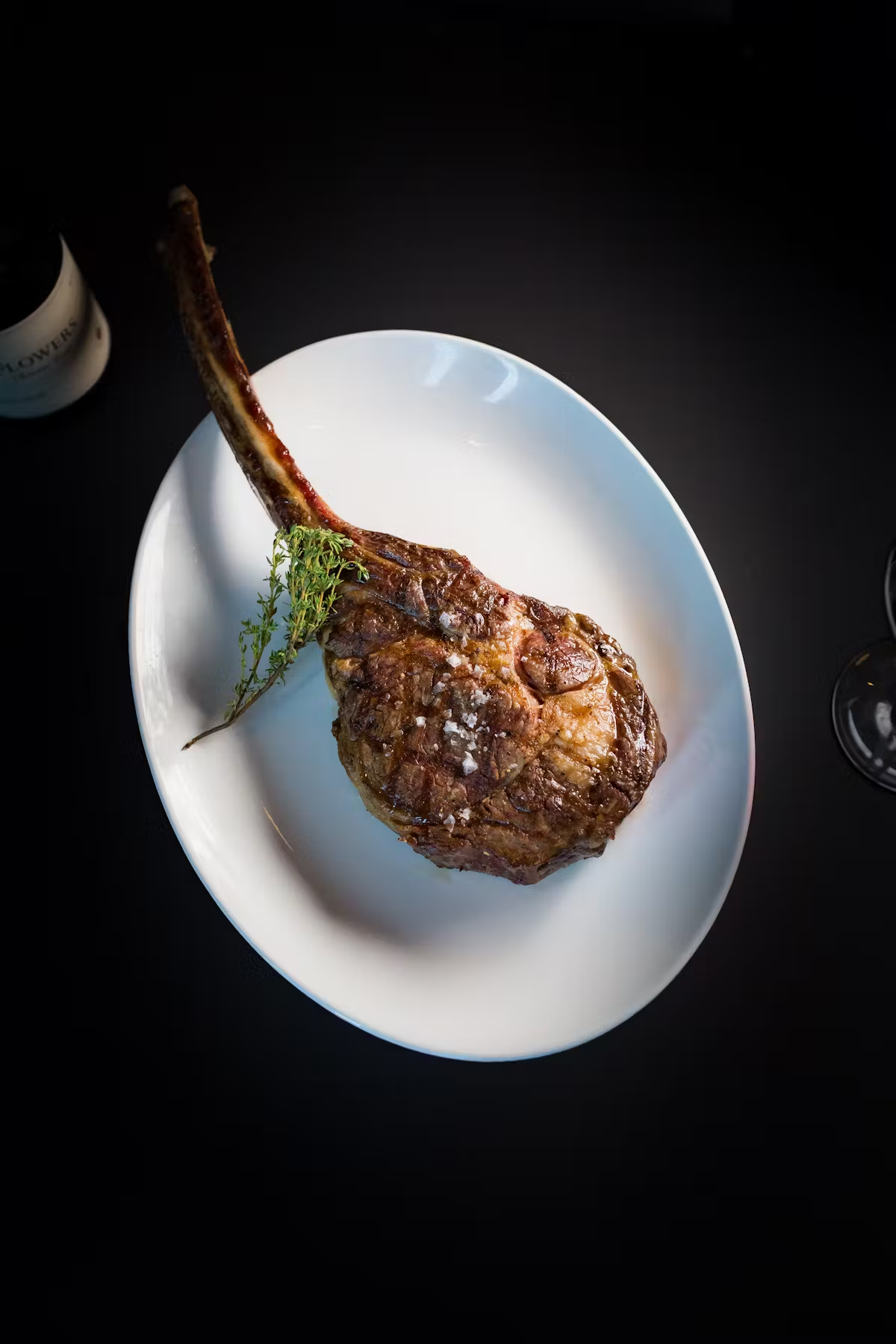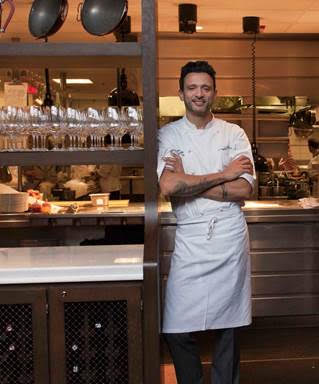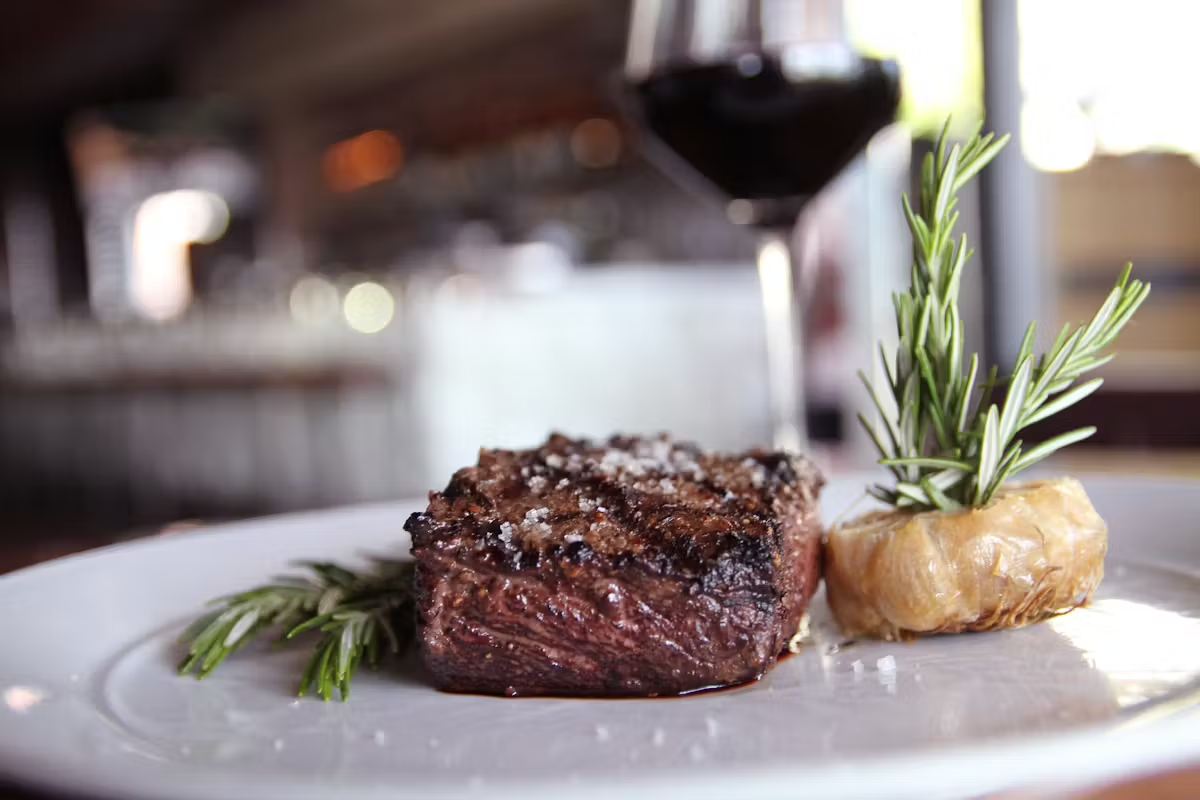
BOA Steakhouse Ups the Ante on Ingredient Transparency
If you run a restaurant, manage a kitchen, or just love exceptional dining, ingredient lists matter more than ever. BOA Steakhouse, a legendary name in the food and beverage industry, just made a bold move: removing all seed oils from every location’s menu—from West Hollywood to Manhattan Beach, Austin, and soon Las Vegas. Instead, their kitchens now rely on avocado oil, pomace olive oil, and beef tallow, raising the bar for menu innovation and food & beverage sustainability.
With health-conscious diners, procurement directors, and industry insiders increasingly scrutinizing ingredient sourcing, BOA’s move is more than a menu tweak. It signals a brand-wide commitment to transparent food and beverage services, cleaner eating, and culinary excellence for every guest.
Why Remove Seed Oils? Following Food and Beverage Trends
Understanding the Shift in F&B
The food and beverage industry has seen rising consumer demand for healthier, more transparent ingredients. Seed oils—like canola, soybean, and sunflower—have come under scrutiny for their processing methods and fatty acid profiles. Many in the hospitality industry now see alternatives like avocado oil and beef tallow as premium, performance-enhancing substitutes that also promote sustainable food brands and better health outcomes.
Chef Brendan Collins, BOA’s Corporate Executive Chef, shares, “We wanted to approach this change with intention. Every substitution was selected to deliver the same bold, satisfying flavor profile our guests know and love from BOA. These new ingredients not only meet that standard, but they elevate it.” (Find more about Chef Collins at innovative dining.com).
How BOA Pulled Off a Complete Menu Transformation
Collaboration and Culinary Precision
The shift to seed oil-free dining didn’t just happen overnight. It was a carefully coordinated effort led by Chef Collins—whose background includes celebrated stints at Melisse (two Michelin stars), Waterloo & City, Fia, and Market Tavern. His culinary team examined every salad dressing, sauce, and sautéed dish, meticulously reworking recipes and training staff to ensure the signature BOA flavors not only survived, but thrived.
What changed behind the scenes:
- Ingredient Sourcing: The F&B and procurement teams identified top suppliers of avocado oil, pomace olive oil, and high-quality beef tallow.
- Recipe R&D: The kitchen tested, tasted, and tweaked new versions of guest favorites (think: legendary Caesar salads and steak sauces) to maintain both performance and flavor.
- Staff Training: Culinary teams across all locations retrained on new oil smoke points and preparation methods.
- Guest Feedback: Early tasters included institutional buyers and hospitality managers, ensuring BOA’s loyal clientele wouldn’t notice anything other than more vibrant, nuanced flavors.
Implementation Across All BOA Locations—With an Eye Toward Growth
Talk about operational ambition. Not only did BOA execute this transformation in West Hollywood, Santa Monica, Manhattan Beach, and Austin, but every kitchen and menu item was evaluated and updated—all without closing doors or interrupting the BOA guest experience. The soon-to-open Las Vegas location will debut with this clean ingredient focus as its standard, firmly placing BOA as an f&b leader on both coasts.
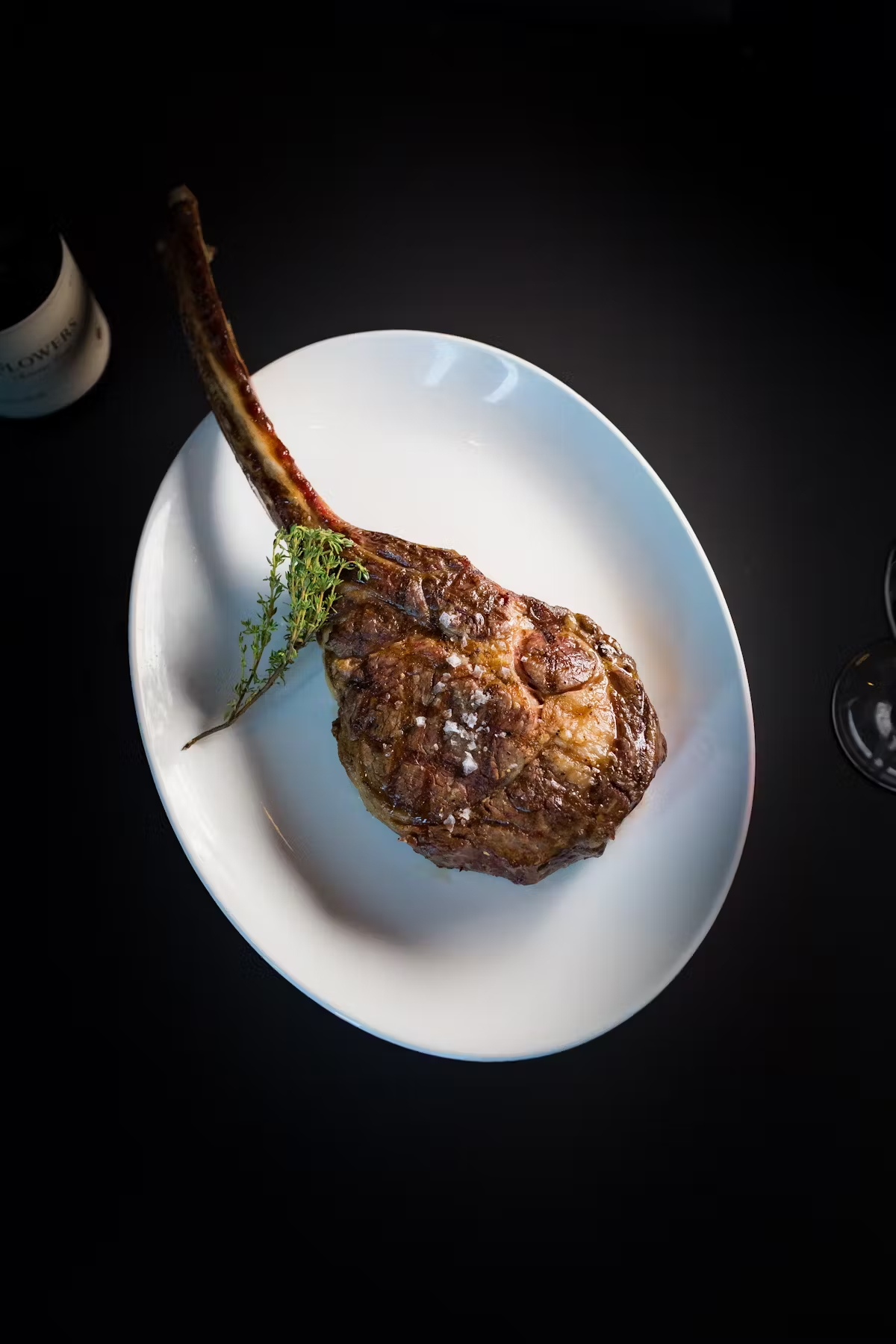
Setting the Standard for the Food Service Industry
Ingredient Transparency as Restaurant Marketing
Transparency isn’t just a food safety trend—it’s a powerful differentiation tool. As Lee Maen, Founder & Co-CEO of Innovative Dining Group (IDG), explains, “We know guests are paying more attention than ever to how their food is being prepared, and we’re proud to be one of the first modern steakhouses to make this change across the board. This is just one more way we’re continuing to evolve and put our guests first.” (innovative dining.com)
- Highlighting Nutritional Upsides: Avocado oil and beef tallow are known for higher smoke points and stable fats, making them attractive to restaurant owners, menu developers, and food and beverage directors seeking both safety and flavor.
- Trust Through Transparency: BOA’s approach—“No seed oils, ever”—is right in line with food and beverage magazine coverage of restaurants responding to the “clean label” movement.
- Impact on Restaurant Reviews and Awards: Being proactive about ingredient quality is increasingly significant for food industry awards, family dining recommendations, and restaurant marketing strategies.
For readers interested in tracking these shifts, check out our roundup of food safety trends and menu innovation insights.
Consumer Demand and Menu Innovation—The BOA Experience
Today’s guests crave unforgettable meals—without sacrificing wellness. BOA’s menu transformation means that foodies, hospitality managers, and even those searching “healthy meals near me” or “best steakhouse near me” can be confident in what’s on their plate:
- Signature Steaks: All prime steaks, including the acclaimed 40-day dry-aged New York Strip and A5 Japanese Wagyu, are prepared exclusively with seed oil-free cooking fats.
- Beloved Sides and Salads: From the tableside Caesar salad to sauces and creative small plates, every item gets a clean ingredients upgrade.
- Plant-Based & Trend-Forward Options: As of July 2025, BOA now features Beyond Steak Filet—further proof of its commitment to menu innovation and addressing dietary trends, including plant-based dining and viral flavors like ube and pistachio milk in select specials.
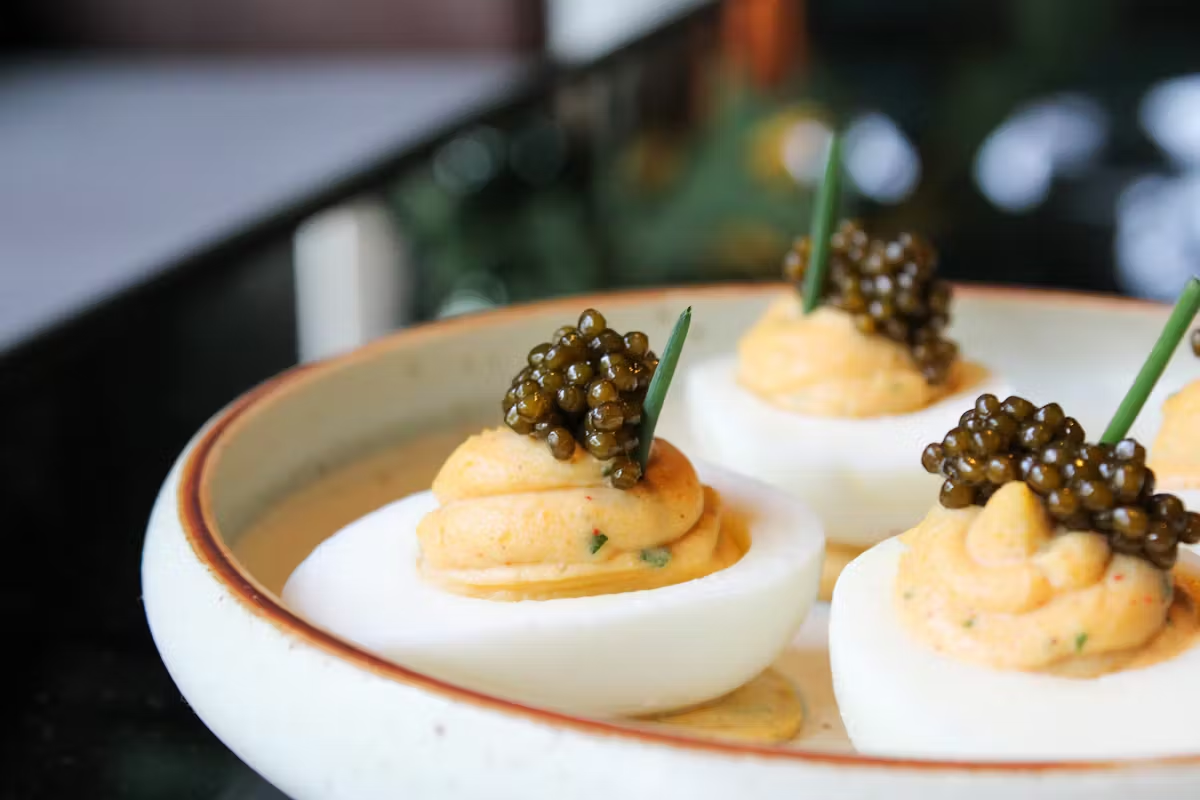
Why It Matters: Insights and Takeaways for Food and Beverage Professionals
This move is about more than culinary bragging rights—it’s a strategic play for the future of food and beverage management. Here’s what industry leaders can learn:
- Adapt to Guest Preferences: Hospitality managers and foodservice executives must stay on top of food and beverage news and trends. Taste, sustainability, and transparency are not optional.
- Train and Educate Teams: Rolling out major ingredient changes requires robust staff education—making sure flavor, performance, and guest satisfaction never slip.
- Leverage for Restaurant Marketing: Ingredient transparency and food industry awards can drive new business. Feature menu upgrades prominently in promotions and on your website.
- Stay Ahead on Sustainability: Sourcing high-quality, minimally processed oils aligns with growing demand for sustainable food brands—and can help woo procurement directors and institutional buyers.
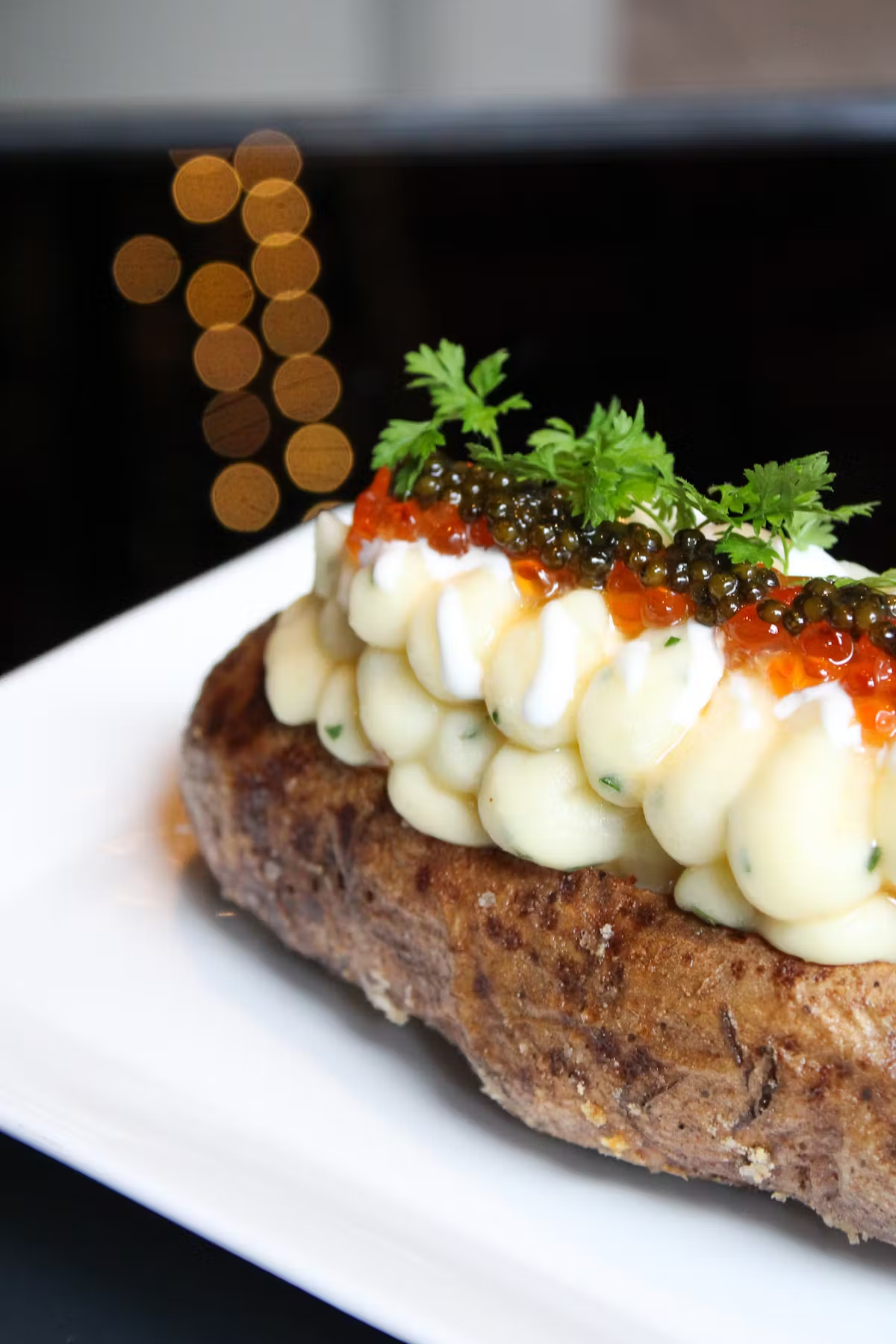
BOA Steakhouse: Leading the Clean Ingredient Movement in Upscale Dining
For over 25 years, Innovative Dining Group’s venues have shaped expectations for hospitality industry excellence and food and beverage sustainability. BOA’s latest menu overhaul builds on this reputation—with health-first upgrades that don’t compromise on taste, indulgence, or the legendary BOA vibe.
Named “Best Steakhouse in Los Angeles” by Eater LA earlier this year, BOA attracts not just steak-lovers, but stars, business leaders, and families alike, all seeking bold flavors with a modern edge. With every seed oil gone and thoughtful sourcing in its place, BOA leads by example—and sets a new standard for what the f&b world can be.
The Big Picture and What’s Next
BOA’s move may well spark a broader shift among food and beverage companies and hospitality groups nationwide. Expect to see more top-tier establishments following suit, as food safety trends and local food sourcing push the industry forward.
Curious about other forward-thinking food and beverage innovations? Explore Food & Beverage Magazine’s latest features, or dive into how hospitality technology is transforming restaurant management in our Tech Trends Spotlight.
Join the Conversation
How is your restaurant adapting to evolving ingredient expectations? Are your guests asking about seed oils, plant-based options, or food safety trends? Join the discussion below or share your experiences with us on social media.
For ongoing insights into the most important food and beverage news, subscribe to Food & Beverage Magazine. Stay ahead, stay innovative, and let’s keep raising the bar for the f&b industry, together.
Meta Description:
BOA Steakhouse removes seed oils from its menu, setting new standards in the food and beverage industry for transparency, flavor, and guest experience.
Meta Tags:
food and beverage magazine, hospitality industry, food and beverage trends, menu innovation, food safety trends, sustainable food brands
Hashtags:
#FoodAndBeverage #CleanIngredients #MenuInnovation #HospitalityIndustry #BOASteakhouse
Written by Michael Politz, Author of Guide to Restaurant Success: The Proven Process for Starting Any Restaurant Business From Scratch to Success (ISBN: 978-1-119-66896-1), Founder of Food & Beverage Magazine, the leading online magazine and resource in the industry. Designer of the Bluetooth logo and recognized in Entrepreneur Magazine’s “Top 40 Under 40” for founding American Wholesale Floral. Politz is also the founder of the Proof Awards and the CPG Awards and a partner in numerous consumer brands across the food and beverage sector.



